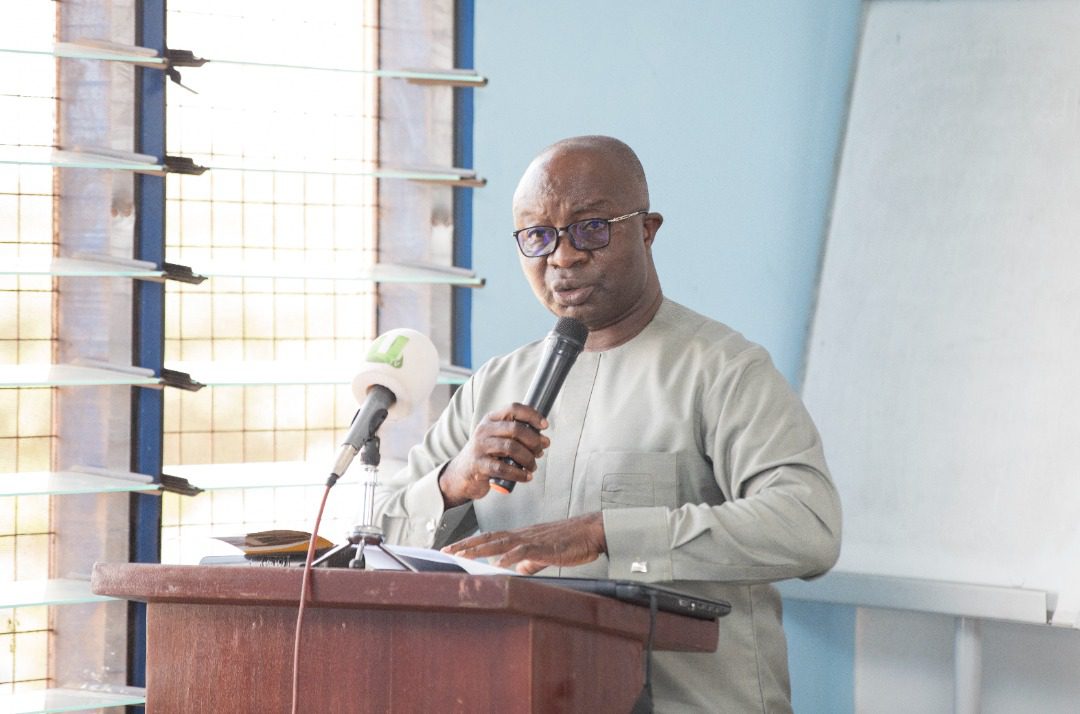In a collaborative effort between the National Service Scheme (NSS), Jospong Group of Companies, and the Asian African Consortium, the NSS is deploying and training 1000 National Service Personnel (NSPs) to become agripreneurs by the end of their service year to contribute to enhancing Ghana’s food security.
The comprehensive training program, currently underway at 46 training centers nationwide, covers various aspects of agriculture. From land preparation to sustainable and data-driven farming techniques, NSPs are gaining essential skills for the agricultural sector.
During a recent induction ceremony in Gomoah Fetteh, Central Region, Hon. Osei Assibey, the Executive Director for NSS, expressed profound gratitude to Jospong Group and the Asian African Consortium for their invaluable partnership. “Our goal is to bridge the gap between theory and practice, providing practical experiences and fostering entrepreneurship among our youth,” he emphasized. Hon. Osei Assibey also appealed to academic institutions to modernize their curricula by incorporating practical attachments, drawing parallels with successful models in other professions such as medicine.
Dr. Siaw-Agyepong, the Executive Chairman of Jospong Group, brought excitement to the initiative by announcing over 100 full scholarship programs for postgraduate studies in agriculture. These opportunities are available in countries like Russia, Thailand, Japan, Nigeria, Tanzania, and Zimbabwe. Mrs. Adelaide Araba Siaw-Agyepong, CEO of the Asian-African Consortium, encouraged NSPs to leverage these scholarships to enhance Ghana’s rice value chain.
The induction ceremony was attended by prominent figures in Ghana’s agriculture, including Nana Kwabena Adjei Ayeh II, Ms. Marian Ofori Twumasi, Hon. Alhaji Hardi Tufeiru, Agya Yaw Nsia, and other influential voices. They motivated NSPs, highlighting the numerous opportunities in agriculture.
This initiative marks a significant step towards reducing graduate unemployment and building a sustainable future for Ghana.


Comments are closed.